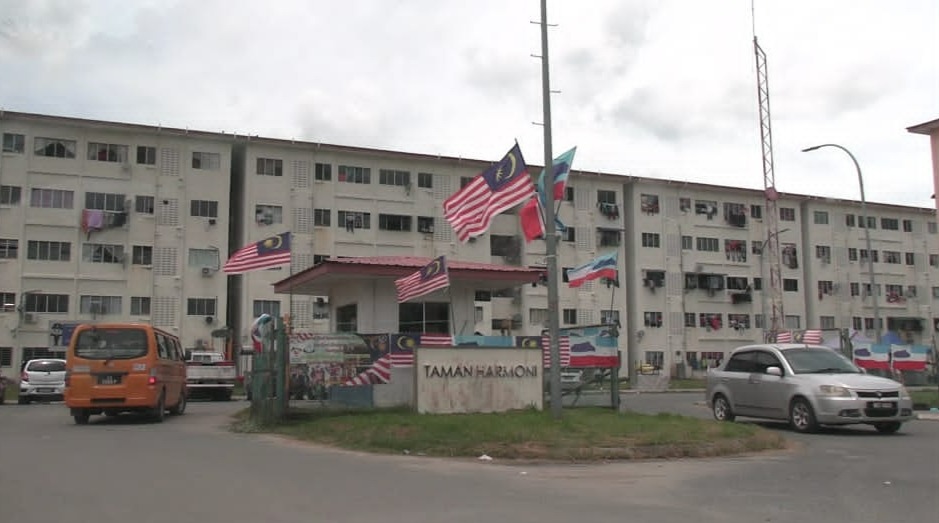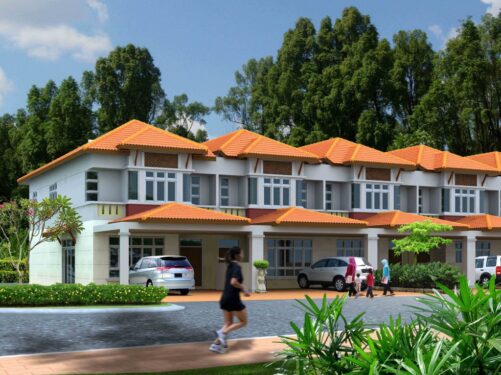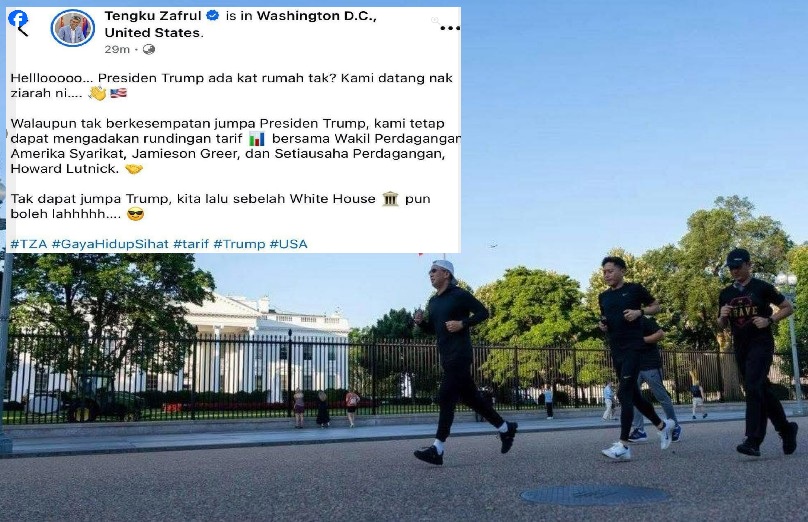Editor’s Note: This is the second part of the article which centred on the argument that the Projek Perumahan Rakyat (PPR) or the People’s Housing Project in intended as temporary living quarters for those looking to buy their own houses in the future. Hence, they should only be rented out by the relevant agencies.
FOR the record, there are two categories of Projek Perumahan Rakyat (PPR) or the People’s Housing Project: PPR Disewa (rented) and PPR Dimiliki (owned).
According to the National Housing Department website, PPR Disewa was introduced in February 2002 with the objective of renting out the units to people in the low-income group and squatters at RM94 to RM124 a month.
PPR Dimiliki, on the other hand, was introduced to enable the B40 group to buy the units at RM35,000 (Peninsular Malaysia) and RM42,000 (Sabah and Sarawak).
The Government should review certain PPR blocks for conversion to ‘rent-to-own’ (RTO) to enable those tenants to buy their units through the scheme.
Be forewarned that any units sold to buyers must be issued with individual strata titles and that their management and maintenance will be under the purview of the Strata Management Act and its related regulations, hence the formation of a joint management body or management corporation.
Through these initiatives, the tenants will be more proactive in making their neighbourhood a better place to live in. These PPR flats were found poorly maintained and managed, as tenants only considered their units as rented spaces.
Currently, many of them do not bother to take care of their surroundings since they do not have a sense of belonging to the units that ultimately turned into slums. These will create social problems for society when the young are not brought up in a conducive environment.
It was reported in the news media that tenants at the PPR Taman Harmoni Sandakan transit homes in Sabah would be eligible to buy the 590 units at RM35,000 each through a rent-to-own scheme, and these are welcome by all.
Tips for a successful RTO
In principle, the National House Buyers Association (HBA) supports RTO schemes if such schemes can truly help low- and middle-income groups buy their first homes. With the current high property prices compounded with the rising cost of living, a majority of low-income earners—and even the middle-income segment—find it very challenging to buy their first homes. This is especially true for the younger generation and single income families.
HBA had in the past called for the RTO schemes to be expanded to include the middle-income, or M40 segment. Traditionally, RTO schemes were meant for the lower-income segment, or those in urban poverty, or the B40 segment, in the form of public housing programmes.
Due to escalating house prices and the rising cost of living, even the M40, with median monthly household incomes of RM6,275, finds it challenging to buy their dream homes. HBA believes that developing RTO schemes for the M40 would go a long way towards helping the rakyat own their homes.
A typical RTO scheme is intended to provide a lower entry cost to owning a unit because the tenant does not need to pay the hefty 10% down payment to secure the unit, and the legal fees and stamp duties for tenancy are typically lower than those for loan agreements and sale and purchase agreements.
The tenant merely needs to rent the unit by paying the security deposit (typically up to two months’ rental) and some utility deposits, and can immediately rent said property with an option to purchase in the future.
The tenant needs to pay the monthly rental, and when he/she is financially ready to purchase the property, he/she can exercise the option but will need to pay a revised monthly instalment payment.
Key features
In order for RTO schemes to succeed, it has to have the following key features.
- Price of the property
The price of the property must be locked in based on today’s price and not the prevailing market price, say, five years in the future. This is because the rate of increase in property prices are normally higher than the inflation rate or rate of increase in salaries.
If the property price is going to be based on the prevailing market price in the future, the tenant/ aspiring buyer may not be able to afford it.
- Monthly rentals (before execution of option to purchase)
The monthly rent of such housing units (before executing the option to buy) should be cheaper compared to the prevailing market rentals or equivalent to monthly loan instalments for similar housing units.
In addition, the rent and any rate of subsequent increase should be stated upfront.
- Protection for both tenant and landlord
So long as the tenant is paying his monthly obligations on time and in full, he/she must be guaranteed the right to occupy the property during the contract period. The landlord cannot arbitrarily evict the tenant/buyer.
At the same time, should the tenant/ buyer default on his or her obligations, the landlord must be able to evict the recalcitrant tenant/buyer.
- Option to buy is exercisable at the sole discretion of tenant
The tenant should not be legally obligated to purchase the property. In the event that he/she does not wish to exercise the option to purchase the property, the tenant must be allowed to continue renting the said property based on terms that has to be stated upfront.
Should the tenant wish to exercise the option to buy the said property, the landlord or owner of the said property cannot decline.
- Obligations after executing the option to buy
Any payments required to execute the option to purchase the property must be clearly stated upfront together with the revised monthly payments required. As it is envisaged that the monthly payments will be higher, the tenant must be clearly informed of the revised amount in order to make an informed decision whether to exercise the option.
HBA also calls for careful screening of all participants of this RTO scheme to ensure that it reaches the intended target group. In addition, HBA calls for regular checks to be conducted to ensure that such RTO units are not sub-leased out.
As there are plenty of overhang properties (completed but unsold housing units), HBA calls for the government and private developers to offer these overhang properties for the RTO schemes. This will offer some cash flow relief to developers and offer immediate housing units to the participants of the RTO schemes. – Jan 1, 2023
Datuk Chang Kim Loong is the honorary secretary-general of the National House Buyers Association (HBA), a voluntary nongovernment and not-for-profit organisation manned wholly by volunteers. HBA can be contacted via www.hba.org.my or e-mail [email protected].
The views expressed are solely of the author and do not necessarily reflect those of Focus Malaysia.
Main photo credit: Sabah Media











